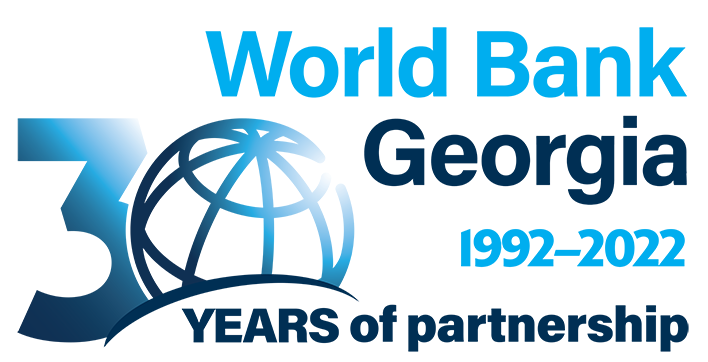Georgia’s Banking Sector at the Forefront of Good Corporate Governance, WB says

Georgia’s banking sector has been at the forefront of implementing good corporate governance practices, helping to strengthen the country’s economic and financial development, World Bank’s report says.
A new report is carried out within World Bank-IMF program of Reports on Observance of Standards and Codes (ROSC) with the assistance of the European Union.
The report finds that, since an Association Agreement between the European Union and Georgia came into force in 2016, the legal and regulatory framework in Georgia has undergone a total transformation with regard to corporate governance and is now closely aligned with good practices.
The report is a follow-up assessment to the original Corporate Governance ROSC conducted in Georgia in 2002. The new ROSC assesses Georgia’s corporate governance policy framework as of December 2021, outlines recent improvements in corporate governance regulations, assesses actual practices, offers implementation and policy recommendations, and provides investors with a benchmark against which to measure corporate governance in Georgia.
“During the past 20 years, Georgia has achieved noteworthy progress in improving the country’s corporate governance framework, for example, by adopting the new Law on Entrepreneurs and three corporate governance codes,” said Sebastian Molineus, World Bank Regional Director for the South Caucasus. “To ensure these improvements contribute to economic growth, we believe the focus should now be on effective enforcement of the new framework, with a particular focus on improving corporate governance practices of state-owned enterprises, as well as continuous capacity building among regulators and companies to enhance corporate governance in Georgia.”
The Corporate Governance ROSC was based on a survey of Georgian companies that demonstrated large increases in awareness and the perceived importance of corporate governance over the past two decades. It also confirmed that the banking sector leads the way in the practical implementation of good corporate governance and independence requirements in Georgia. At the same time, however, corporate governance practices of state-owned enterprises are lagging behind and should receive more attention from stakeholders.
“Good corporate governance contributes to sustainable economic development by enhancing the performance of companies, increasing their access to outside capital and signalling Georgia as an attractive investment location. Transparency and trust are important factors in developing these frameworks further. Georgia is on the right track and we will continue providing our support in the strengthening and implementation of these frameworks,” said Catalin Gherman, Deputy Head of Cooperation, Delegation of the European Union to Georgia.
To encourage continued improvement in company practices, the ROSC proposes three main recommendations, including strengthening corporate governance and centralizing the ownership function of the state over state-owned enterprises; devoting efforts and resources to raising awareness and increasing the capacity of Georgian companies to comply with the new requirements, and of the regulatory bodies to enforce the new rules; and analyzing and updating the corporate governance legal and regulatory frameworks over the medium- to long-term to keep it up to date with the local context and with global trends. At the same time, no updates to the legal and regulatory framework are recommended in the short-term.
The ROSC Corporate Governance assessment was conducted, at the request of the Ministry of Economy and Sustainable Development of Georgia, by the World Bank Group as part of the Financial Inclusion and Accountability Technical Assistance Project generously funded by the European Union.